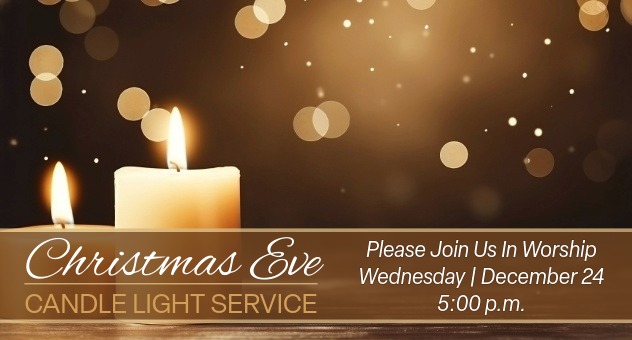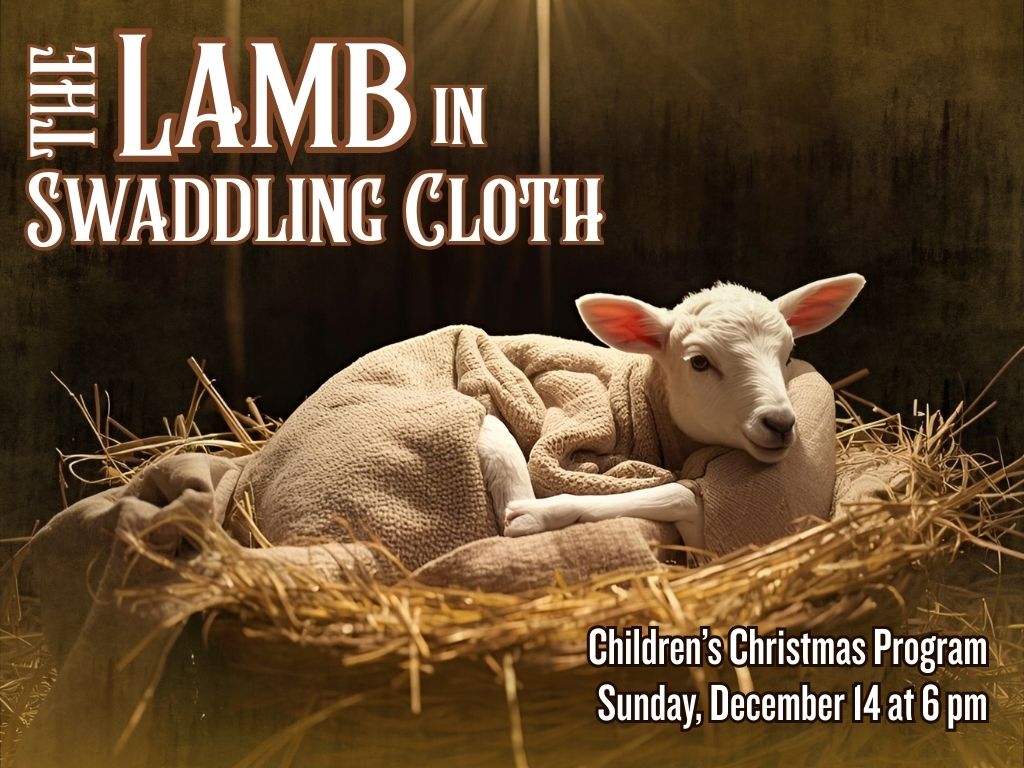A rhinoceros is an interesting creature. It is well known for its impressive horn and massive size. But did you also know the rhino can charge at 30 or 40 miles per hour, but is very nearsighted and can only see clearly about 15 feet in front of its face? It is not ironic then that a group of rhinos is called a “crash”.
Crashes have been a topic of discussion around our table the last couple of weeks. Our youngest daughter has been doing the classroom portion of Driver’s Education, and the parents were also encouraged to come to an evening of classroom training. While watching a series of video clips, we were instructed to ask our child which parent they would prefer to have teach them how to drive. Later, when we posed this question to our daughter, she thought it would be best if Dad taught her, reasoning that he was a better driver and had less crashes.
It’s always fuel for a good laugh in our family when someone brings up my driving record. Let’s just say I had a rough start. I have totaled more than one vehicle, and speaking from experience, a car crash is not a pleasant event. One moment you are moving along nicely and the next moment you have violently come to a stop. Regardless if there is an initial injury, you are going to feel it the next day, and possibly for a long time to come. The memory of the before, during, and after plays on a continuous loop in your mind. It will change your life in one way or another. Personally, I have crashed into a ditch, into a cement pole, and into another vehicle, but nothing has been as life changing as when I crashed into Jesus Christ.
There are many examples in the Bible of God-sized collisions. I’m sure Abraham felt like he had collided with a brick wall when God asked him to sacrifice his son, Isaac. Moses had a head on crash in the desert with a burning bush. David came to a violent stop when his sin with Bathsheba was exposed. Jonah was wrecked in the belly of a whale. Mary’s life took a dramatic turn when she encountered an angel with Good News. Peter was blindsided by a rooster. The woman at the well had a pile-up with the truth of her past. And Paul was ruined on the way to Damascus. The list could go on and on.
It seems odd to think of Jesus in the wrecking business. After all, “Jesus Saves”, right? But if you think about it, when we save or salvage something, it’s usually first been wrecked to some degree or another. The cool thing about Jesus is that we are wrecked by his overwhelming love for us. He crashes into our self-centered mess and realigns our life with his. He takes our brokenness and makes us beautiful. One of my favorite songs by Toby Mac is “Feel It”. The chorus repeats these words: “Love came crashin’ in, never gonna be the same again. Yeah, You came crashing in, You wrecked me, You wrecked me.”
It is my prayer that each one of you would be ruined by Jesus and for Jesus. I pray that whether it be through a fiery bush, a barnyard animal, an unlikely event, a crash on the highway, or any other means that God uses to get your attention, that you would let your heart be broken open and experience Love like you have never felt before.
Break us, Lord!
Erin Jacobsma












